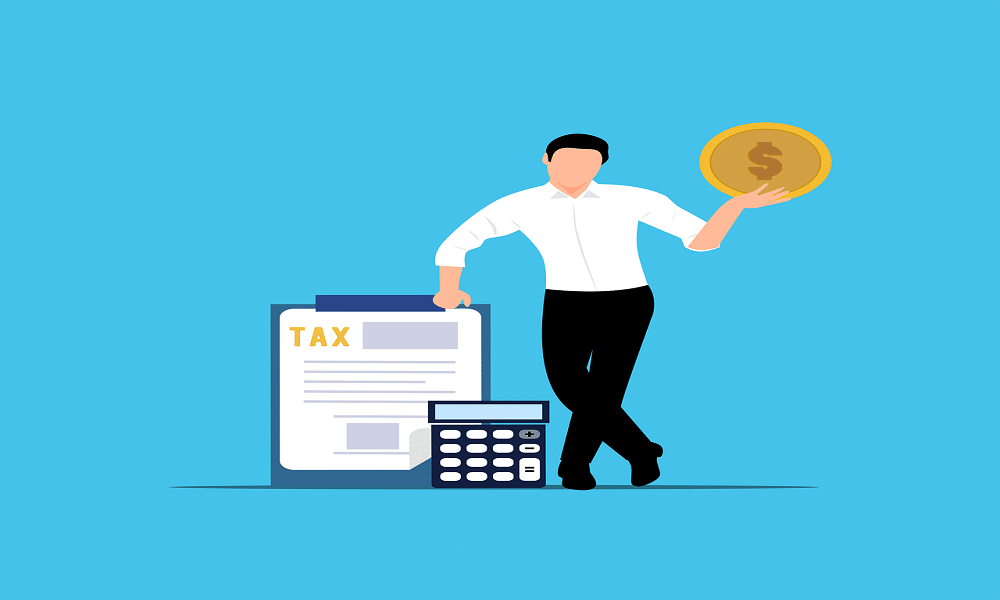When you’re new to running a business, there are so many costs that you need to be aware of — one of the most important ones being your goods and service tax (GST). GST is what we know as a broad-based tax of 10% on the goods and services that you have sold in Australia. However, sometimes you also get GST-free sales. So, how do you know how much you’re liable to pay for GST and how does it actually work? Let’s find out!
Who needs to pay GST?
Anyone who runs a business or another type of enterprise with a GST turnover of $75,000+ is liable to pay goods and service tax. This is slightly different for those running a non-profit organisation as they will need to pay GST if they earn $150,000+. Individuals and businesses who provide taxi travel services (including ride-sourcing) will also be liable for GST.
For those who fall into these categories, you will then need to:
- Register for GST – Once you reach the point where you are required to register for GST, you will need to do it within 21 days. Otherwise, you may incur penalties. In order to register, you need to have an Australian Business Number (ABN)
- Calculate whether sales are taxable or not – All goods and services, unless considered GST-free (like basic food, certain menstrual products, certain medications, etc.), are taxable. You can use a GST calculator to help you determine the amount you will need to pay for GST or what you should be charging customers
- Issue the tax invoices for all taxable sales and get your tax invoices for business purchases – All customers who ask for an invoice must be provided with one within the span of 28 days (unless the sale was $82.50 or less, including GST)
- Claim your GST credits for the GST included in the price of business purchases – Businesses are able to claim GST included in the price of their goods and services bought for the business. To do this, you will be required to lodge a BAS or an annual GST return
- Account for GST – this will either be done on a cash or non-cash basis. You will need to put aside the GST collected through sales so that it’s available when it is due
- Lodge all your annual returns and activity statements – this must be done to report all sales and purchases to determine how much you either need to pay for GST or if you need to receive a refund
- Pay your GST or receive a GST refund
What does it mean if you are GST registered?
Before you register for GST, you might wonder what this means for you. For those businesses who are GST-registered, this means that you can include GST in the prices of your goods and services, and you’ll also be able to claim credits for GST that has been included in the price of your goods and services for your business.
Should you hire a BAS agent to help with GST?
GST-registered businesses are able to navigate the intricacies of GST without the help of an accountant or BAS agent. This will require you to choose a good accounting method, like using accounting software, and keep a good record of everything related to your business and GST. It’s also advisable to keep your GST in a separate bank account.
To claim your GST credits correctly, you will need to submit a BAS form. Once again, you can do this yourself; however, the process can be relatively time-consuming and sometimes even challenging.
By hiring registered BAS agents, you’ll have a professional who can aid you in preparing and lodging your BAS, as well as your superannuation and instalment activity statement (IAS) and calculate your GST. When you look at the amount of time and effort that hiring a BAS agent can save you and knowing that you will comply with your GST, why wouldn’t you want to hire one?
Final Thoughts
As a business owner, you will most likely have to deal with goods and service tax at some point, and either you can take it on all by yourself, or you can seek out help from professionals who have extensive experience dealing with the multi-faceted tax that is GST. So, to make it easier on yourself, and minimise the stress, it’s advisable to hire an accountant who is BAS-registered.


